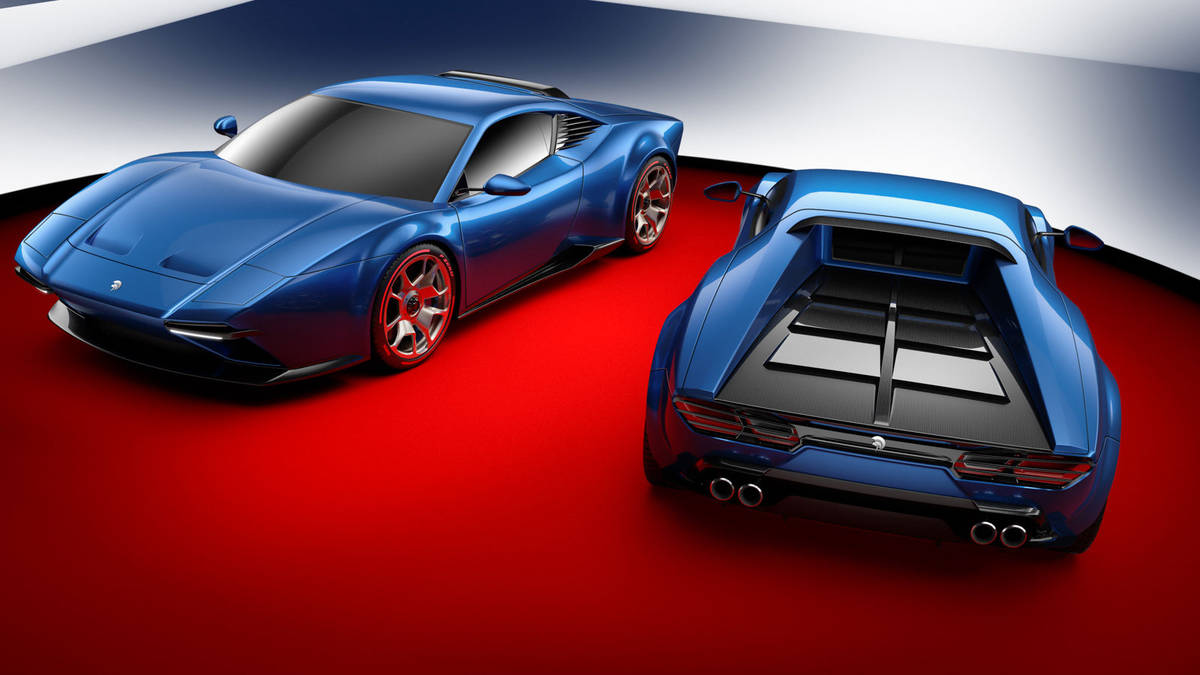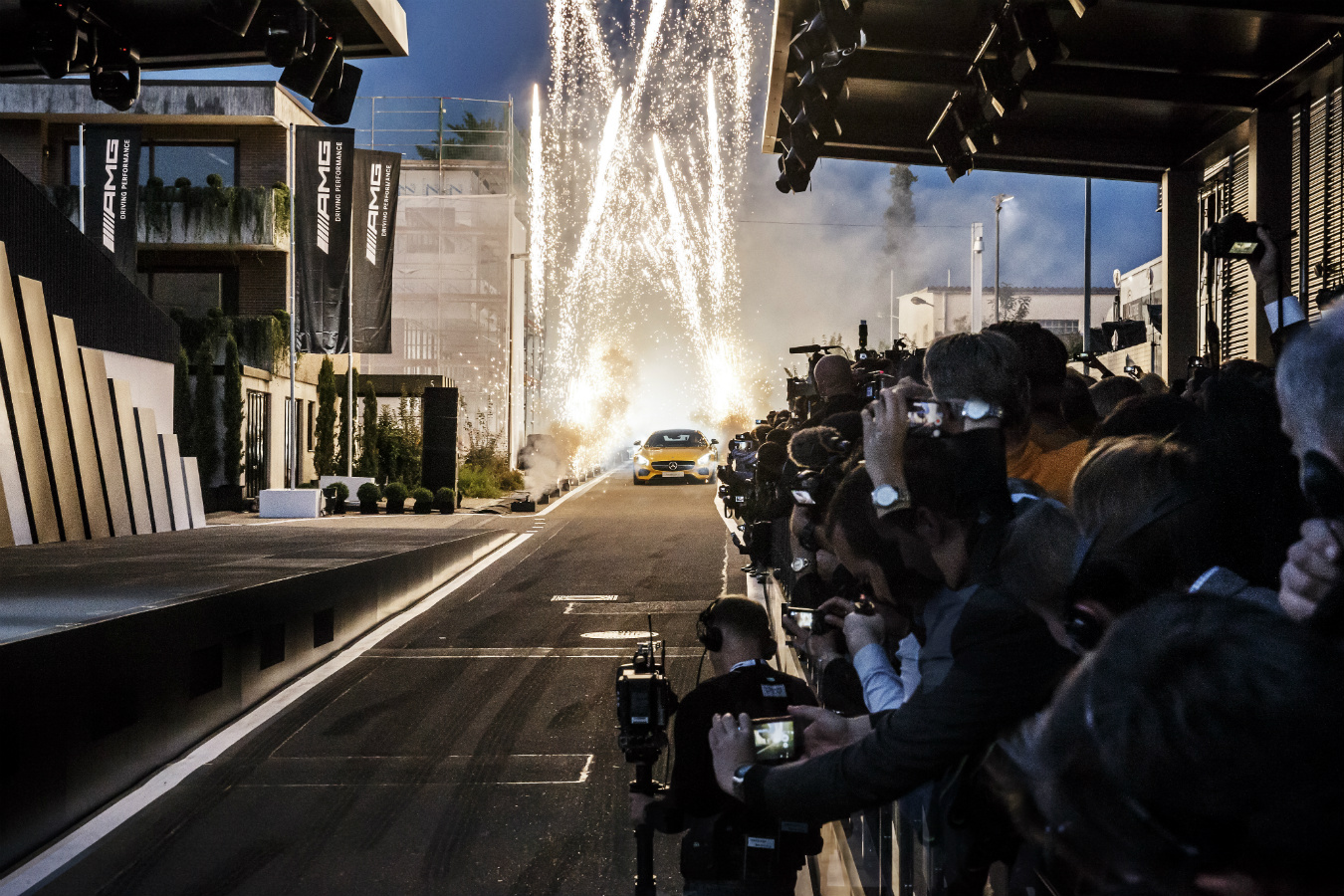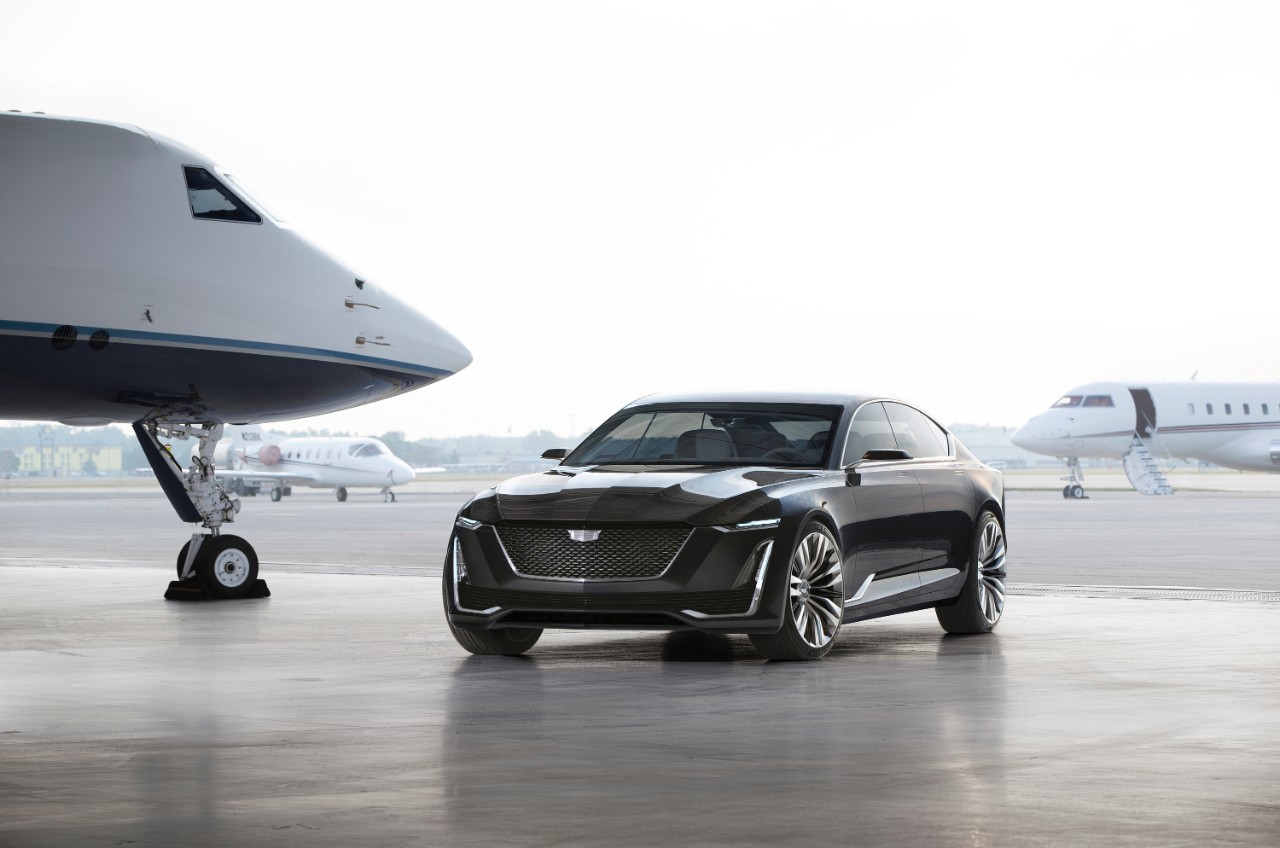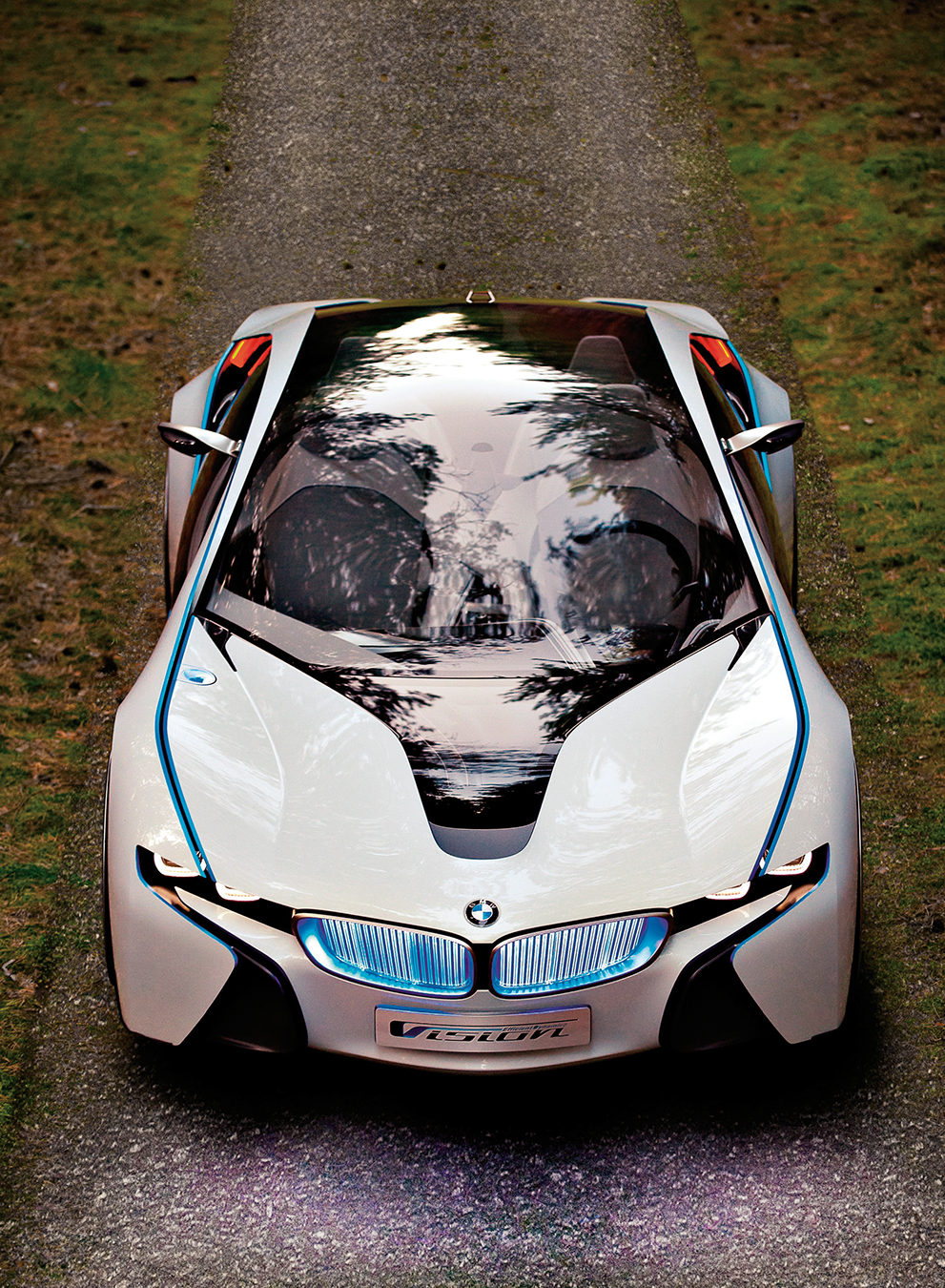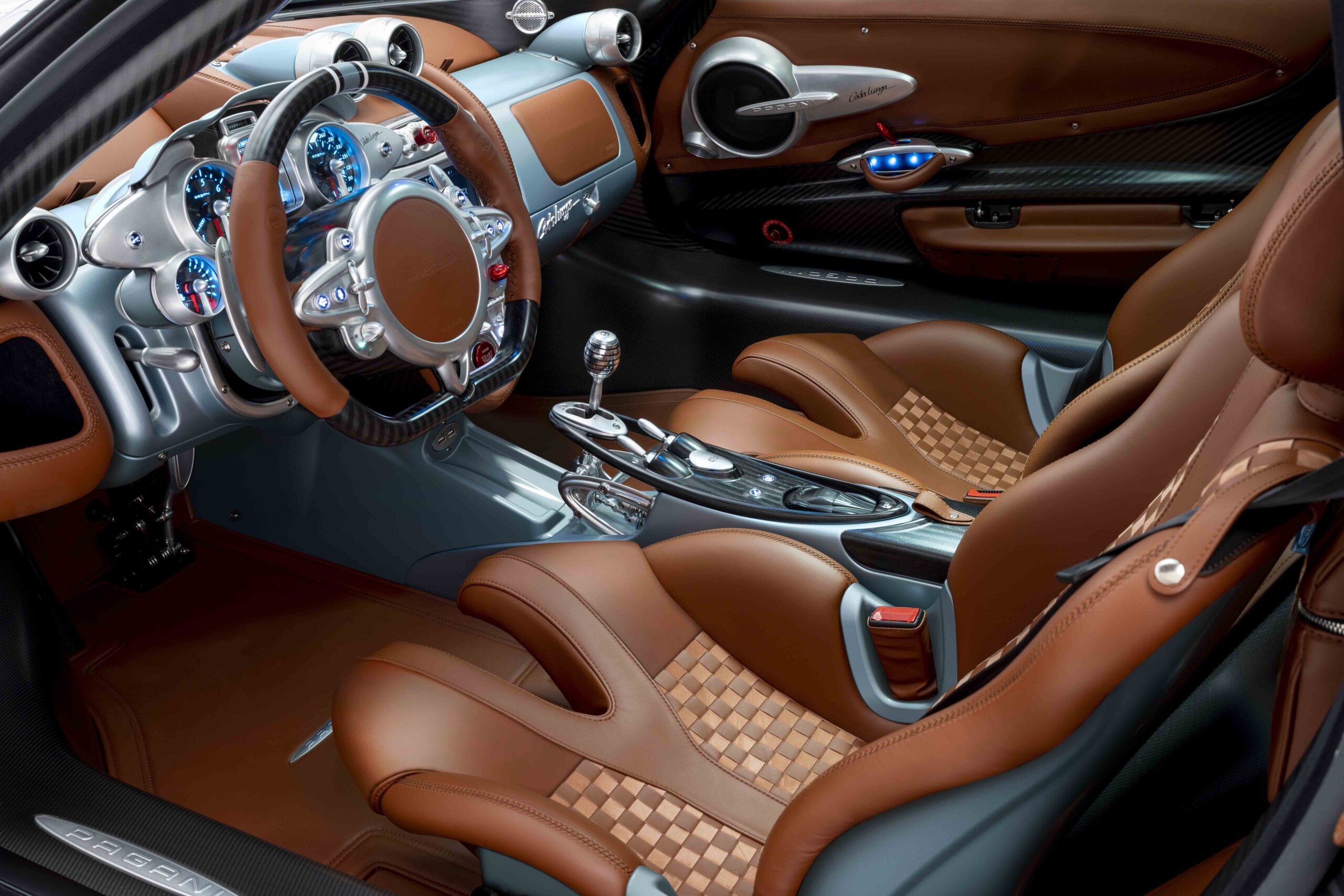The Ares Project Panther
A modern coach-built reinterpretation of the classic Pantera.
Ares Design is a Modena-based automotive design firm that has begun to dabble in the illustrious art of coach-built cars. Coachbuilding is arguably the pinnacle of automotive customization and typically sees a fully bespoke exterior designed and created for an existing automotive platform. In the past, much like commissioning a painting, when a collector wanted something special or unique, they would turn to design coachbuilders like Zagato, Bertone, Ghia, and even the famed Pininfarina to create their ideal vehicle.
Dany Bahar, previously the CEO at Lotus and a senior vice-president at Ferrari, founded Ares Design in 2012. The firm originally produced a variety of modifications for luxury vehicles, but has recently branched into the classic realm of coachbuilding. Their first vehicle, the X-Raid, is based on a Mercedes G63 SUV and offers well-heeled buyers a high level of customization and the experience of driving something more special than a standard production model.
Following the X-Raid, Ares recently announced plans for Project Panther, a modern interpretation of the venerable and classic De Tomaso Pantera. The original Pantera was a two-door mid-engine sports car designed by Tom Tjaarda and produced in Italy from 1971 to 1992. Despite its beautiful Italian shape, the Pantera was, surprisingly, powered by a Ford 351 Cleveland engine. While the Pantera was not a coach-built car, the combination of an Italian designed body and an American V8 proved to be a killer combo and it’s not hard to see why Ares would pull inspiration from this classic 1970s form.
Crossing a Huracán chassis with a Pantera-inspired body is a wonderful sort of enthusiast alchemy.
For Project Panther, you won’t find a Ford motor hiding behind the seats, as Ares is basing their design on the Lamborghini Huracán chassis. Functioning as Lamborghini’s entry-level model, the Huracán is a compact, Italian-built, V10-powered supercar. As a building block for a modern Pantera, the Huracán seems an excellent choice, with even the base model offering all-wheel drive and huge performance figures derived from its 610 horsepower engine.
Slated for production in 2018, Project Panther does not look much like a Huracán aside from perhaps the rear diffuser and exhaust placement. That said, the above images are renderings and Project Panther is still very much pre-production. With a wedge shape, wide fender flares, pop-up headlamps, and a raked roofline running over a flat rear deck, Project Panther looks quite faithful to the original Pantera form.
While coachbuilding has become quite rare, examples like the very limited Alfa Romeo Disco Volante by Touring proved that there is not only a market but also a lasting fascination for coach-built cars. While cars like the Disco Volante and the eventual Project Panther are so rare that most will never be seen outside of a car show, the world of coachbuilding predates the modern automobile and was a keystone for some of the best and most enduring automotive designs of the past 80 years. Crossing a Huracán chassis with a Pantera-inspired body is a wonderful sort of enthusiast alchemy and it will be exciting to see more as Project Panther unfolds next year.
_________
Never miss a story, sign up for NUVO’s weekly newsletter, here.






